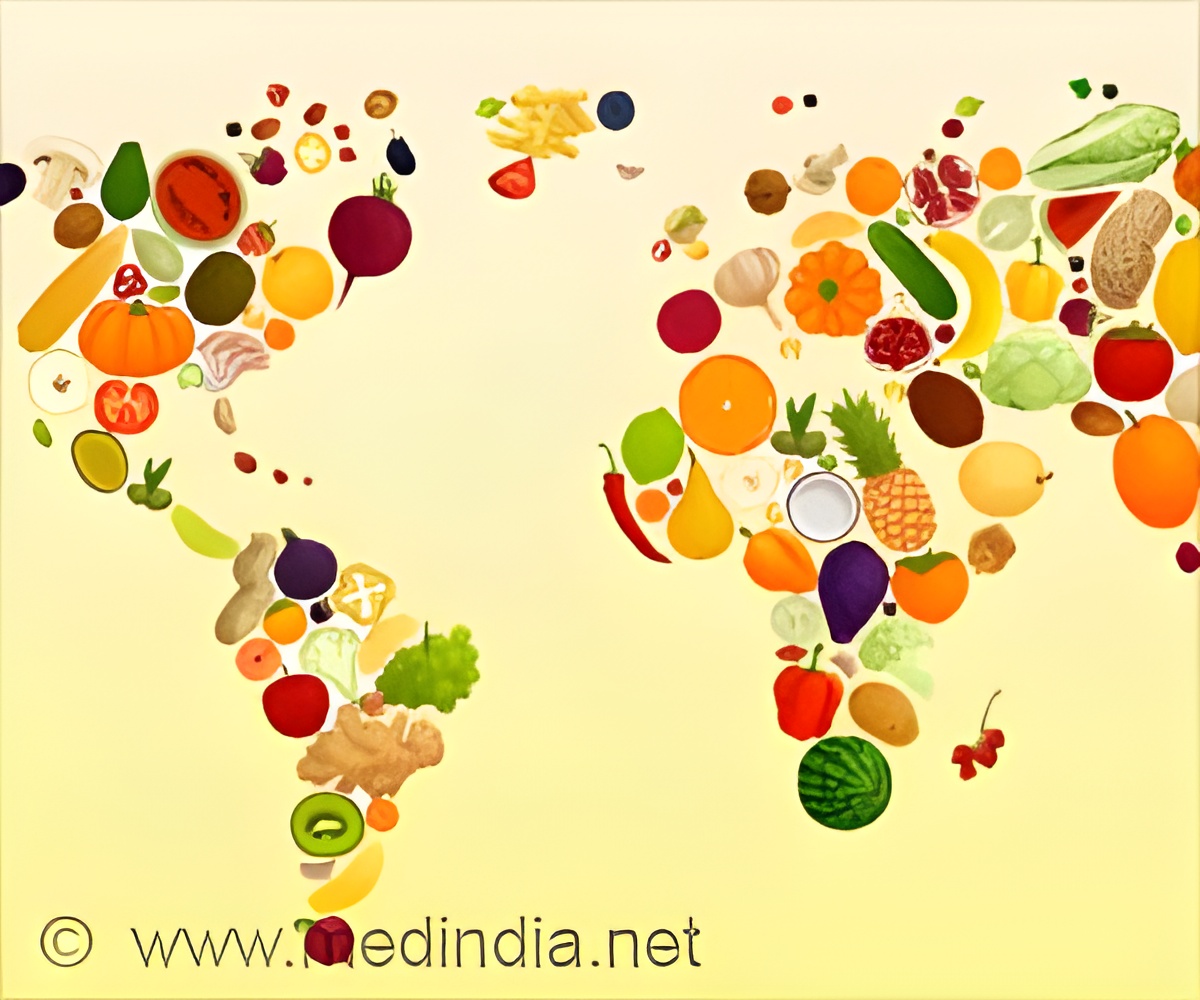The two-pronged goal of tackling hunger and environmental sustainability is a tall order and will require transformative political and economic change that reshapes the global food system, said study.

‘Zero hunger is one of 17 Sustainable Development Goals adopted by the U.N. in 2015. The stated goal is to end hunger, achieve food security and improve nutrition, and promote sustainable agriculture worldwide.’





Even so, many scholars choose to focus narrowly on increasing crop yields to solve world hunger while ignoring other key elements of the food system, including the types of crops that are grown, the environmental impacts of how the food is grown, how the food is processed and distributed, and who can access the food. "The success or performance of agroecosystems is typically evaluated according to exceptionally narrow efficiency criteria, particularly yield per unit area," the authors wrote.
"As a result, gains in yield are realized without accounting for ecosystem degradation or the long-term capacity to sustain food production, and the focus on single crops (monocultures) ignores loss of crop diversity and thus quality of human diets," they wrote.
Globally, 815 million people are undernourished, and as many as 2 billion suffer from nutrient deficiencies, according to the U.N. At the same time, world agriculture produces enough edible calories to feed 9 billion people.
The most effective path toward the U.N.'s zero-hunger goal should rely on greater attention to the nutritional quality of diets, development of policies that increase equity and access to food, and an increased reliance on insights from the field of ecology, according to the authors.
Advertisement
Applying ecological science to the world's food systems has the potential to improve the environmental sustainability of food production in several ways, promoting biodiversity while reducing reliance on pesticides and fertilizers, according to Jennifer Blesh of the U-M School for Environment and Sustainability, the first author of the World Development paper.
Advertisement
"The goal is to develop cropping systems that support healthy ecosystems while providing a diverse mix of crops for human consumption."
The researchers reviewed recent scholarly papers from three disciplinary areas--ecology and agricultural sciences, nutrition and public health, and political economy and policy science--that mentioned the U.N. zero-hunger goal. Team members asked whether the recent scholarship aligned with a broad understanding of sustainable food systems.
Blesh and three of her co-authors are part of the U-M Sustainable Food Systems Initiative. The SFSI was formed through a cluster hire of young faculty members that was part of a $30 million initiative announced in 2007 by former U-M President Mary Sue Coleman to recruit scholars whose work crosses disciplinary boundaries.
The sustainable food systems cluster hire added new faculty to the Department of Ecology and Evolutionary Biology, School for Environment and Sustainability, School of Public Health, and Taubman College of Architecture and Urban Planning. The initiative now includes 60 faculty affiliates from at least nine U-M units.
Source-Eurekalert












